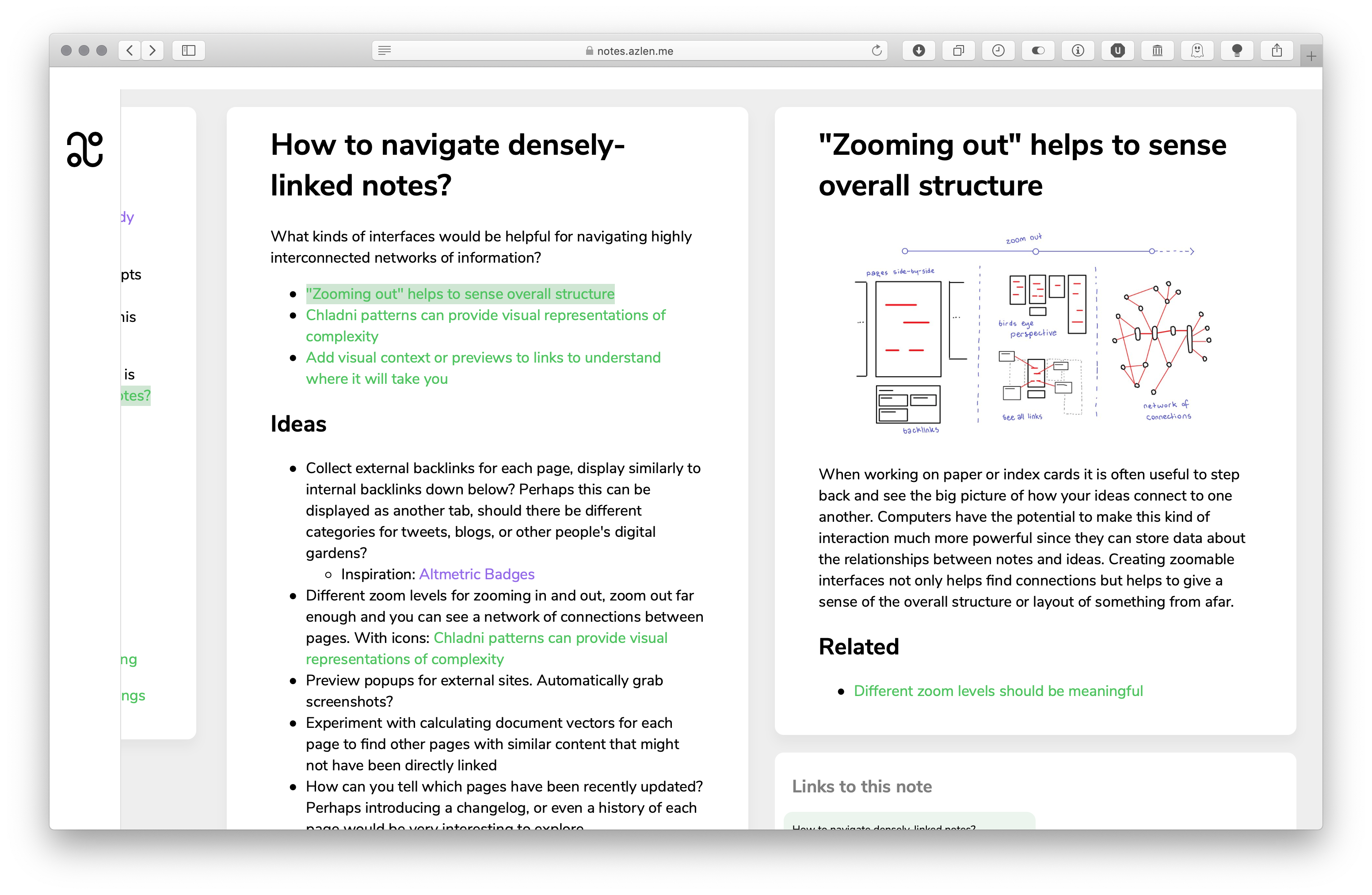May in review
Once again, a lot of bookmarks have been piling up all over my computer. Needless to say, the fact that Apple removed the possibility we earlier had to access our iPhone Safari tabs from our Macbook directly does not make it any easier. Anyway, here we go with a short list of interesting links I found while browsing the interweb lately.
Interestingly, while I spent yet another fair amount of time customizing the way my Emacs looks I came across some very nice configurations, including the one proposed by Nicolas Rougier for en elegant emacs (via Reddit), and that of Andrey Orst. There is also this bundle. For Doom specific settings, see this one too.
I mentioned some alternatives to dplyr using base R. Here is one for Python, as an alternative to Pandas, I guess: siuba, scrappy data analysis, with seamless support for pandas and SQL.
While browsing random R packages I learned about a new word, “pycnophylactic”, in relation to areal weighted interpolation (areal package). This is what I really love with the web! See also Smooth Pycnophylactic Interpolation for Geographical Regions (PDF) for more technical details.
Here is Azlen Elza’s digital garden of notes, which offers an interesting alternative to roam and related tools.

I have long been relying on RSwitch to change my current R environment (especially when I was using the stable and latest dev version), but it’s been a while now and I only use a single version of R. Now, there’s renv to switch between multiple versions of R, globally or on a per project basis.
I wrote a short introduction to the Hmisc and rms packages some years ago. Recently, I noticed Frank Harrell mentioned a very elegant post on these packages: An Introduction to the Harrell“verse”: Predictive Modeling using the Hmisc and rms Packages.
I make a promise to myself every year that I’m going to take Julia seriously. Then, time goes by. I bookmarked many articles relevant to Julia, its ecosystem of packages for computational statistics and its performance overall compared to, say, R or Python. I wonder whether the newly released tutors on Julia by the Julia Academy might not be a good excuse for me for a change.
Delta is a syntax-highlighter for git and diff output, perfectly suited for CLI junkies. Think of it as bat for cat.
Which Lisp Should I Learn? Interesting take on CL and Clojure, written by Leo Zovic, a heavy Lisper. This somewhat reminds me of A Road to Common Lisp by Steve Losh, which also is a great read if you’re about to get started with CL. Also, don’t miss the Common Lisp Koans!
I’m still not sold on using VS Code (uninstalled two times already), because you know… Emacs. However I should note that it is becoming incredibly versatile. See, e.g., Draw.io VS Code Integration or Magic Racket, which now integrates an LSP server.
If, on the other hand, you’re interested in enlightenment, academic research or a start-up, the criterion by which you should choose your next language is not employability, but expressiveness. In academic research and in entrepreneurship, you need to multiply your effectiveness as a programmer, and since you (probably) won’t be working with an entrenched code base, you are free to use whatever language best suits the task at hand. — Advanced programming languages
♪ John Butler Trio • Flesh & Blood